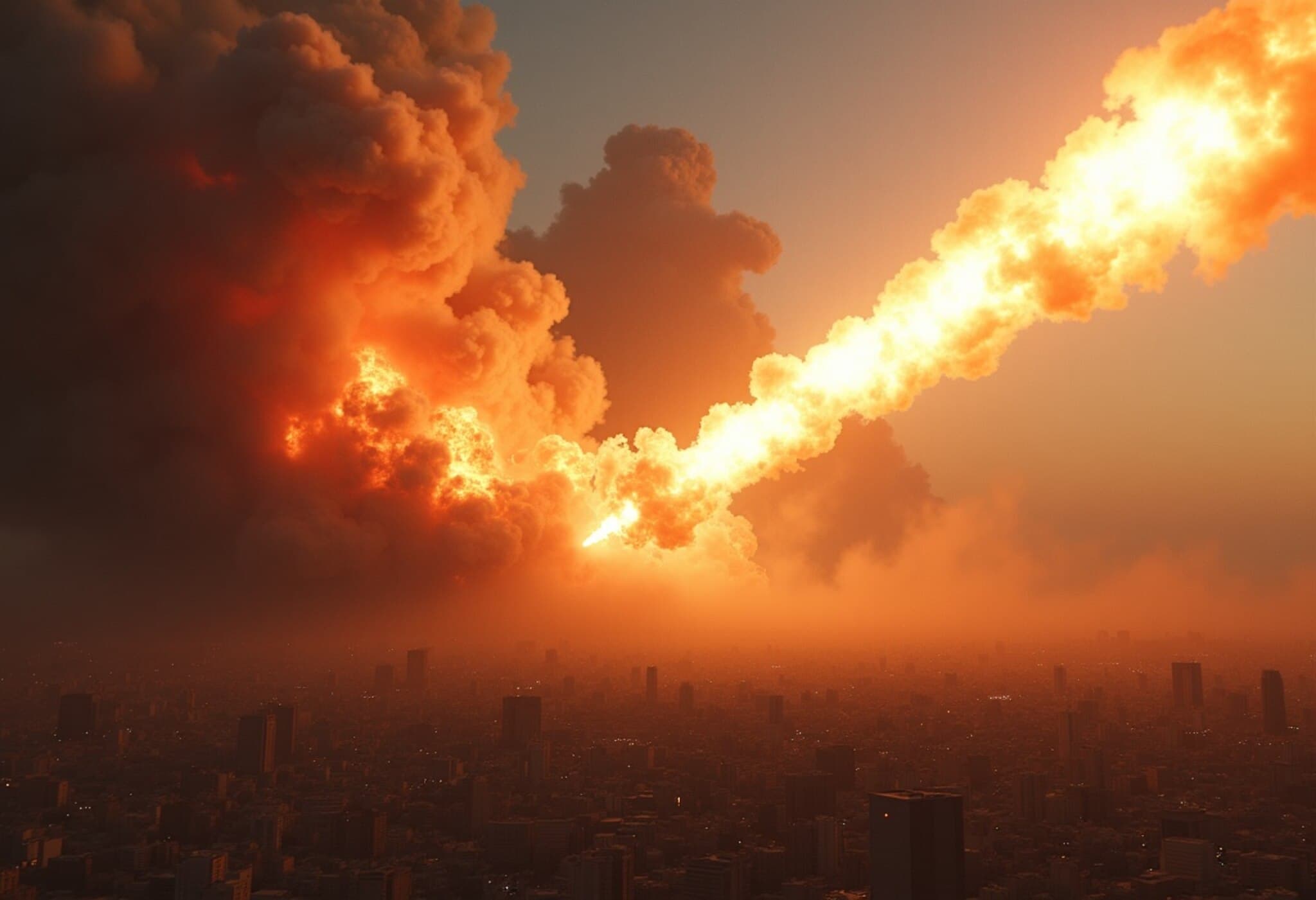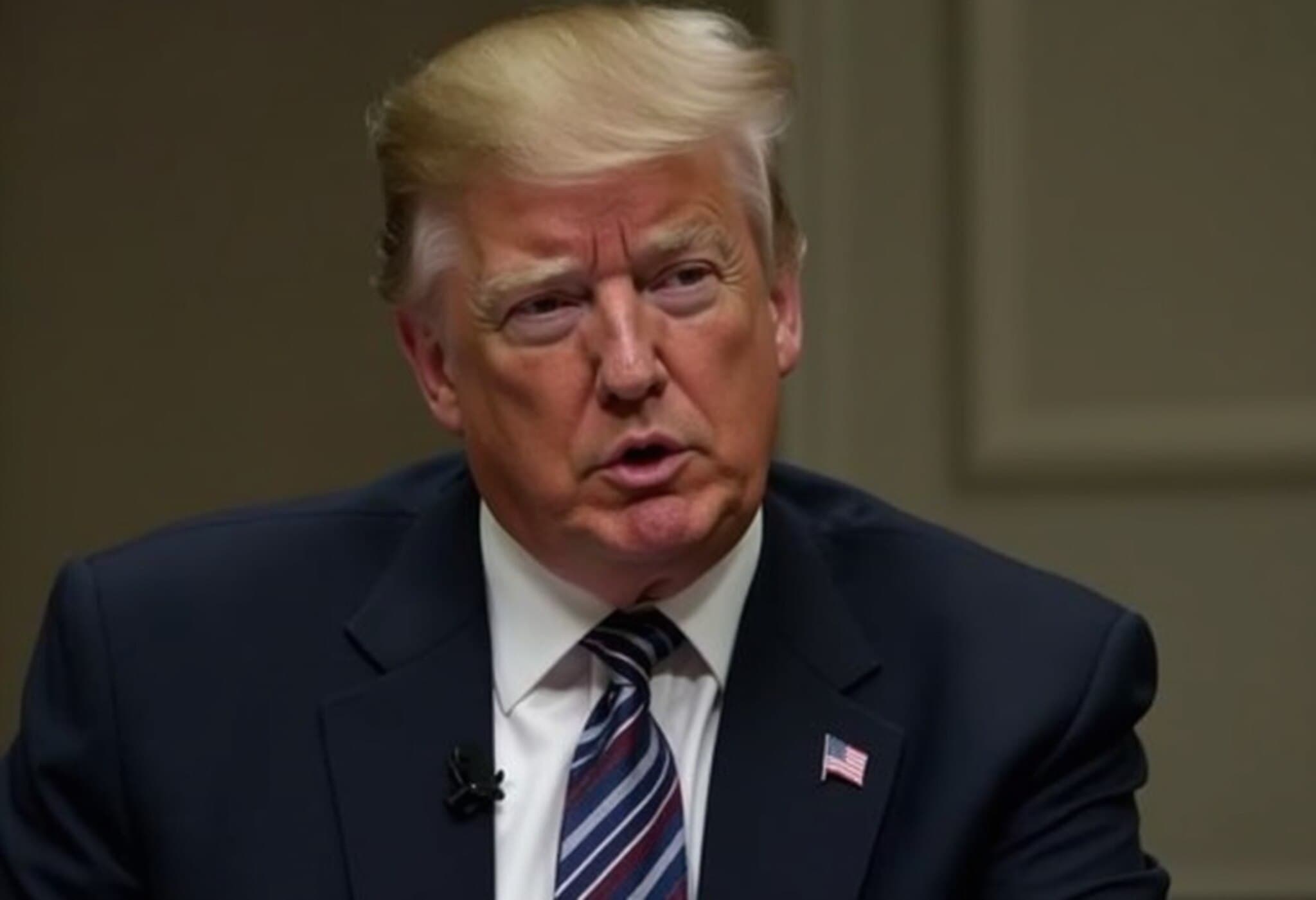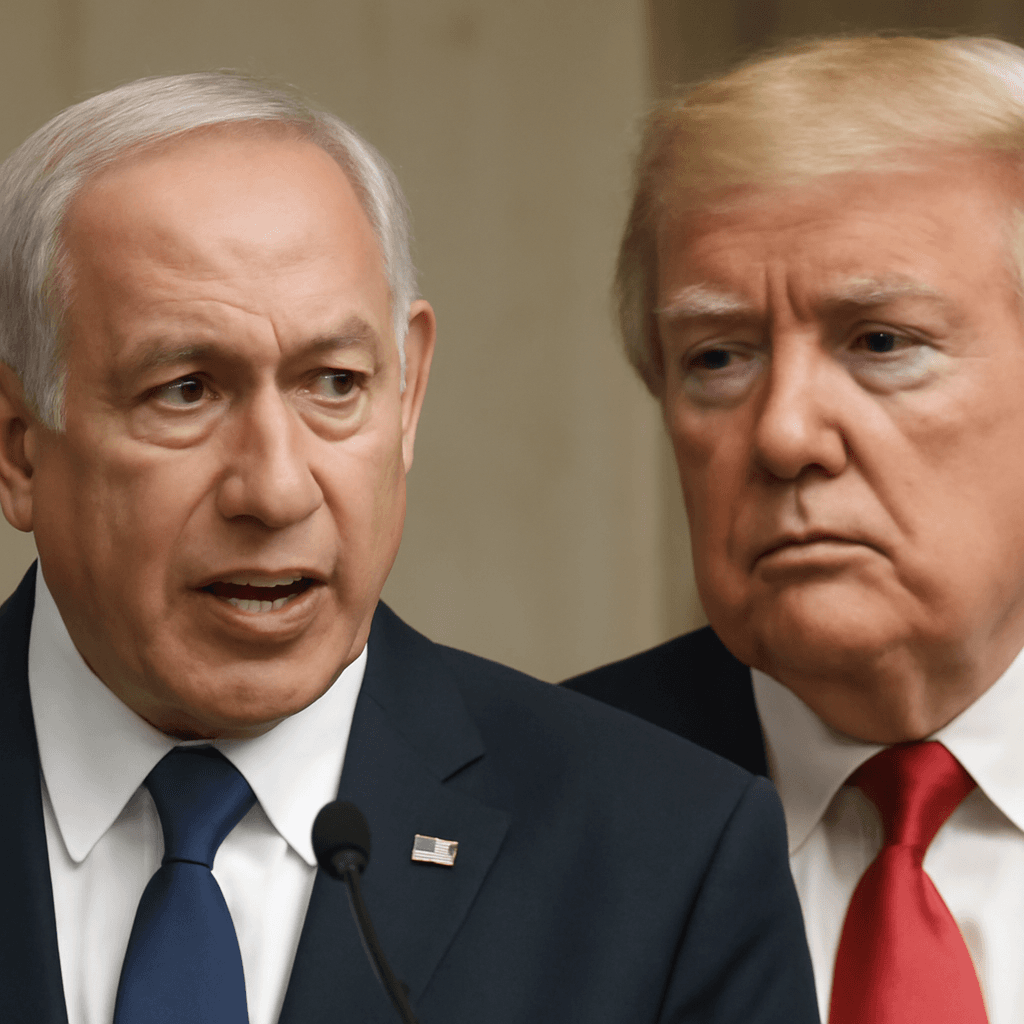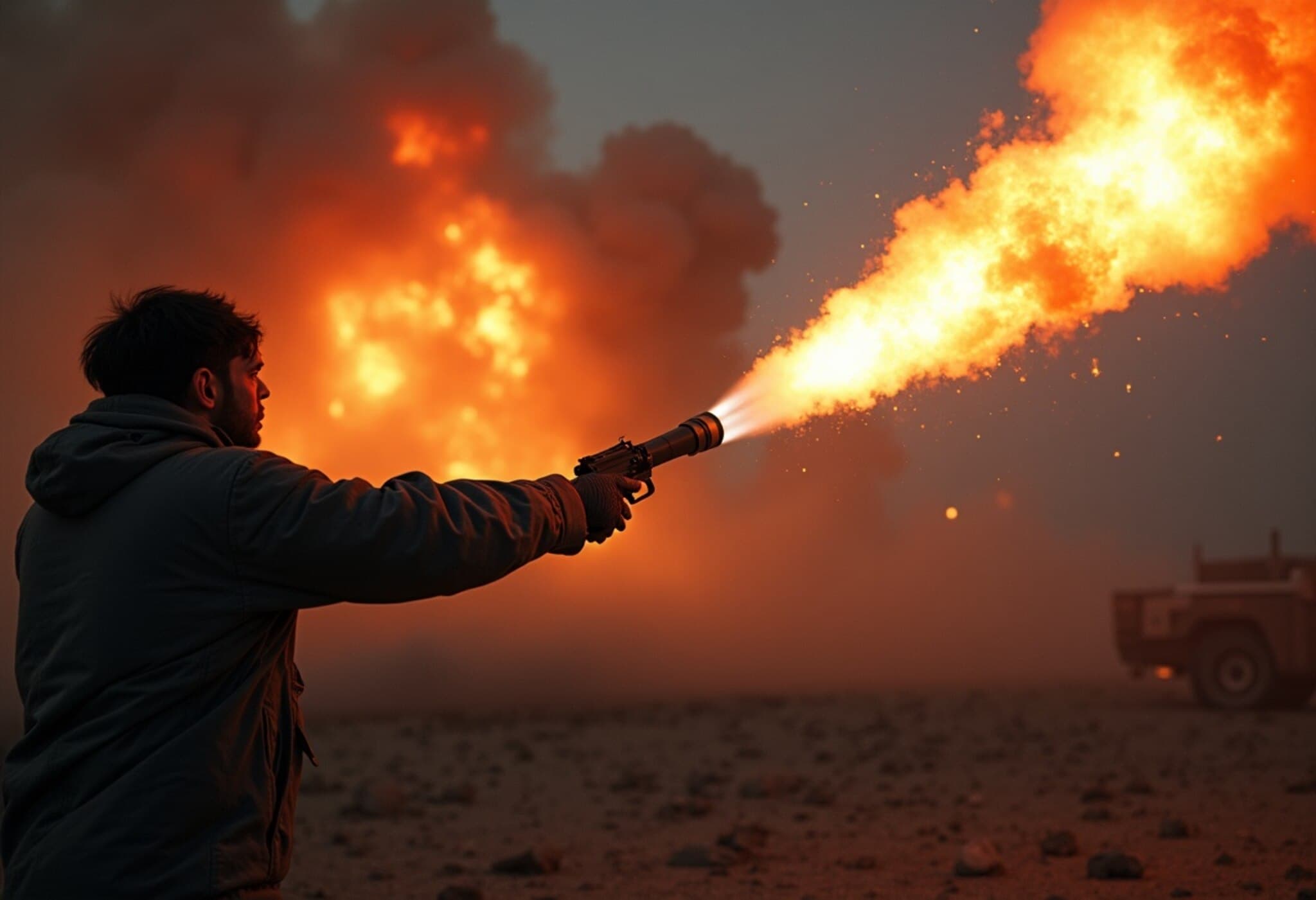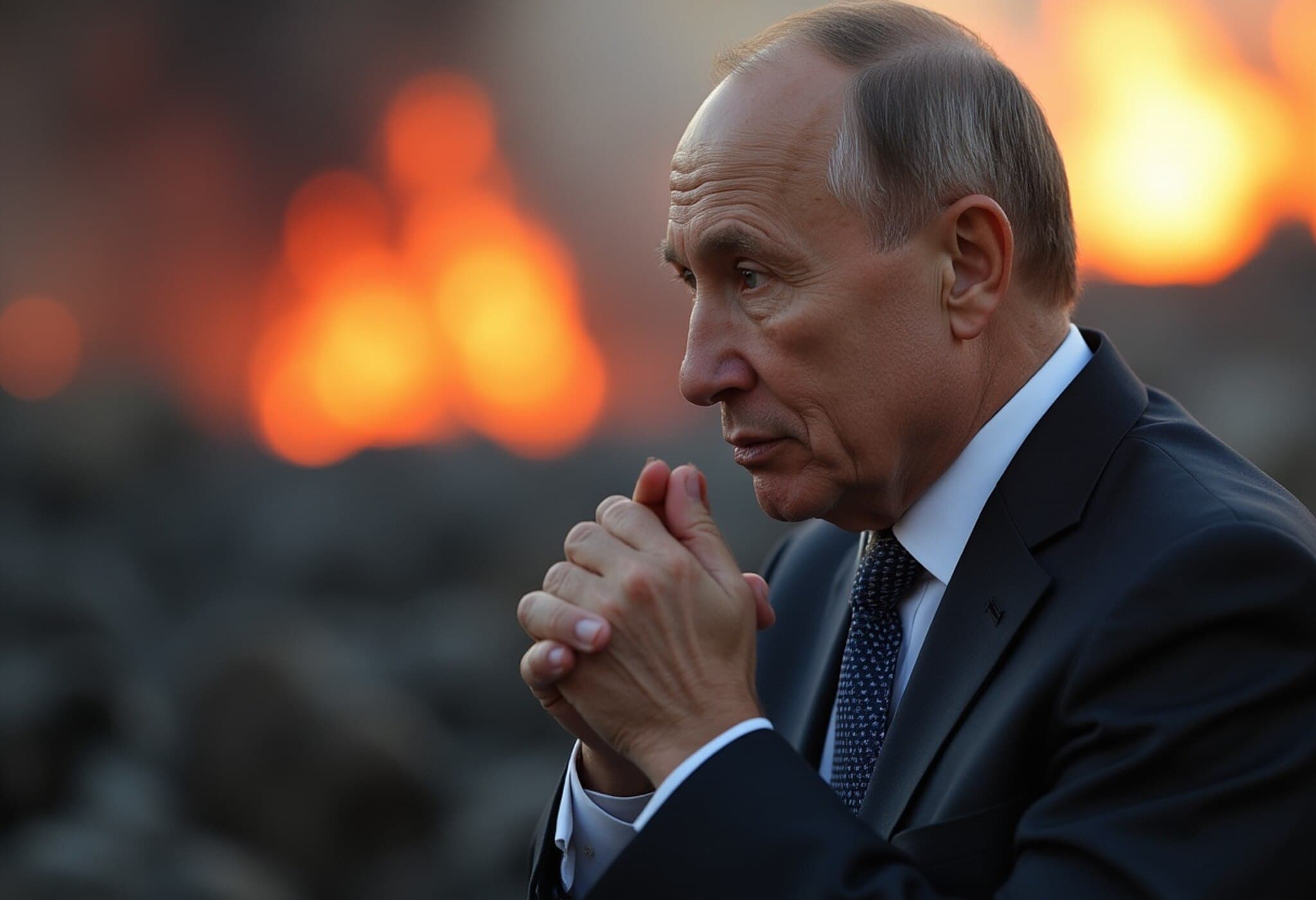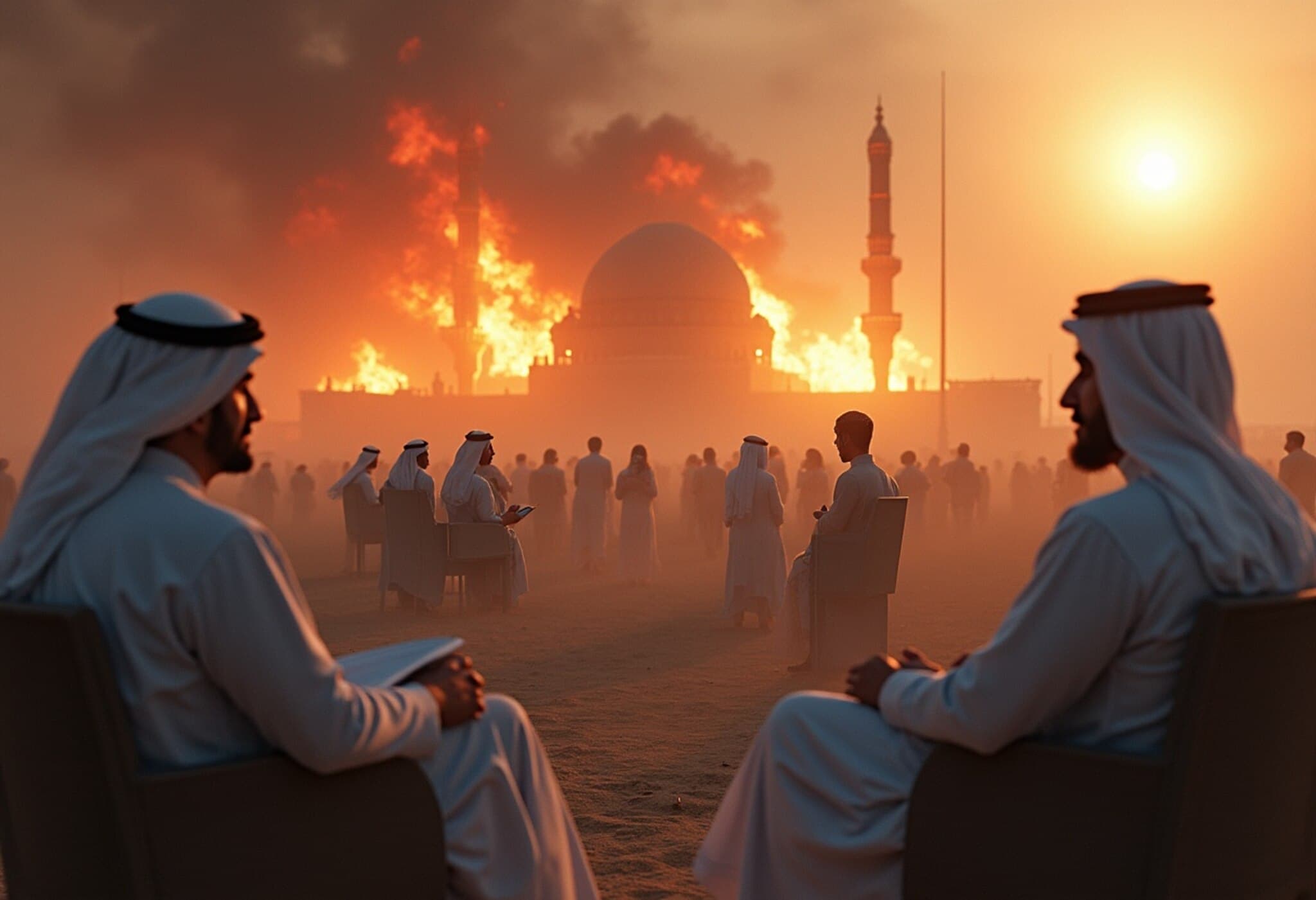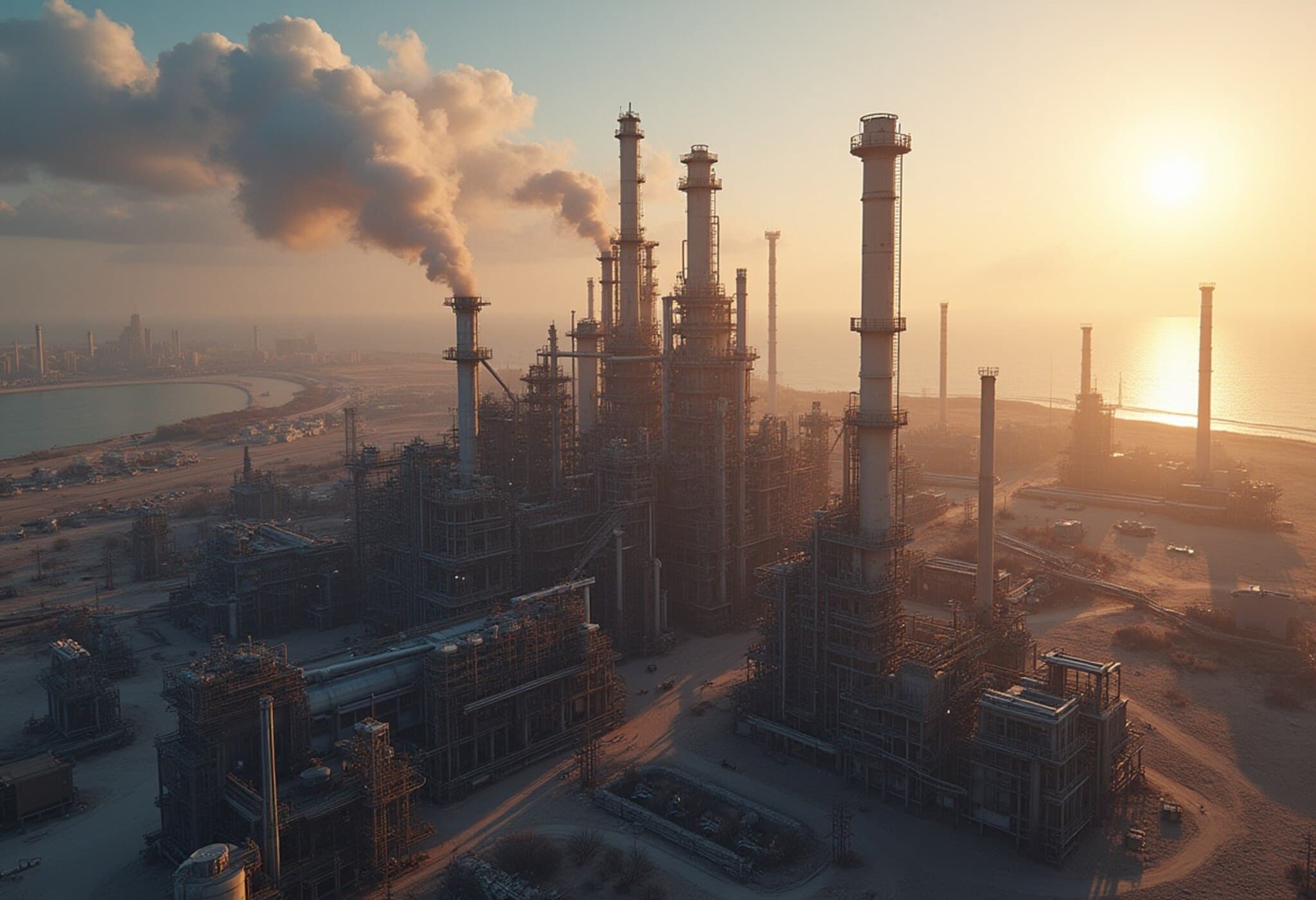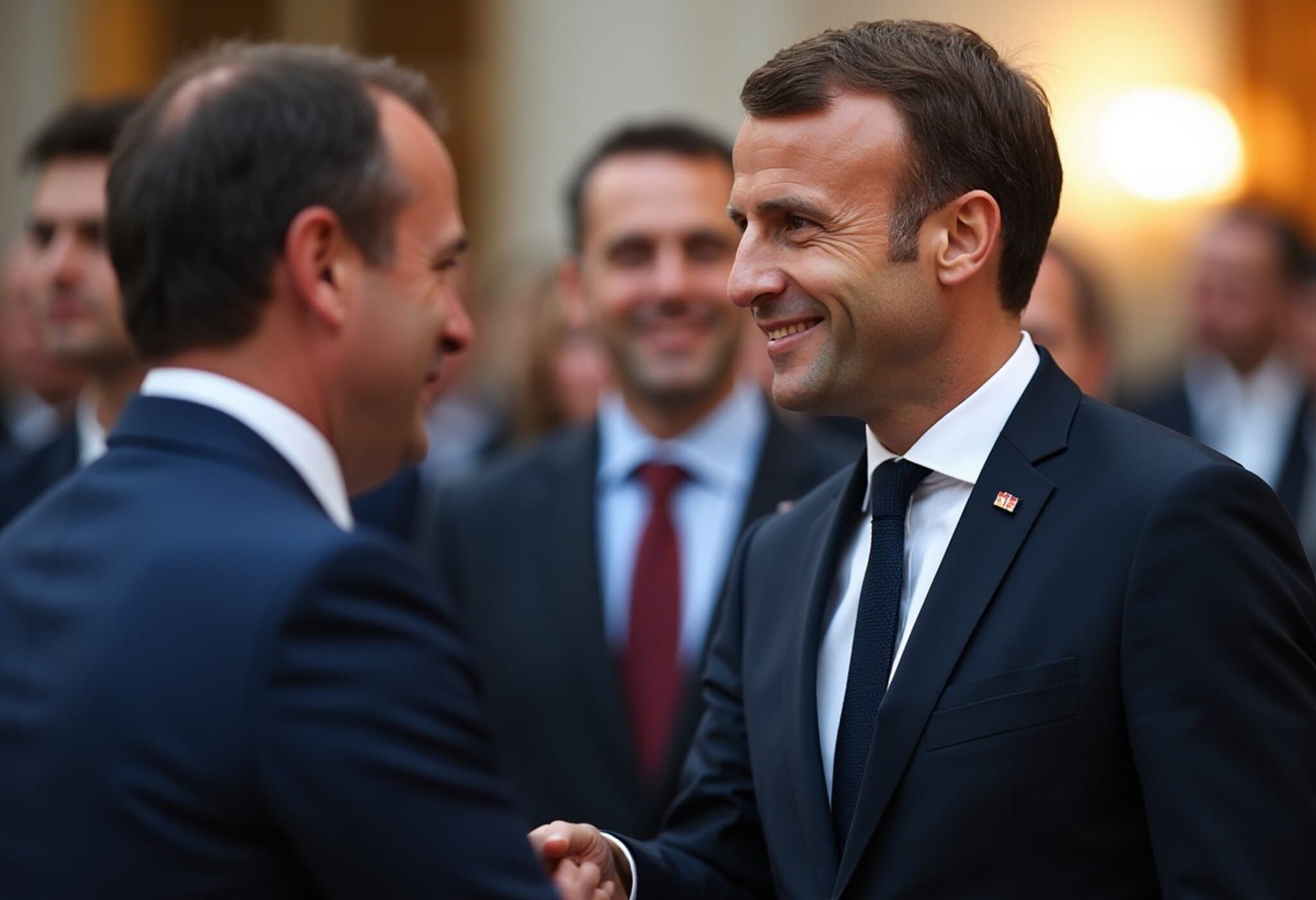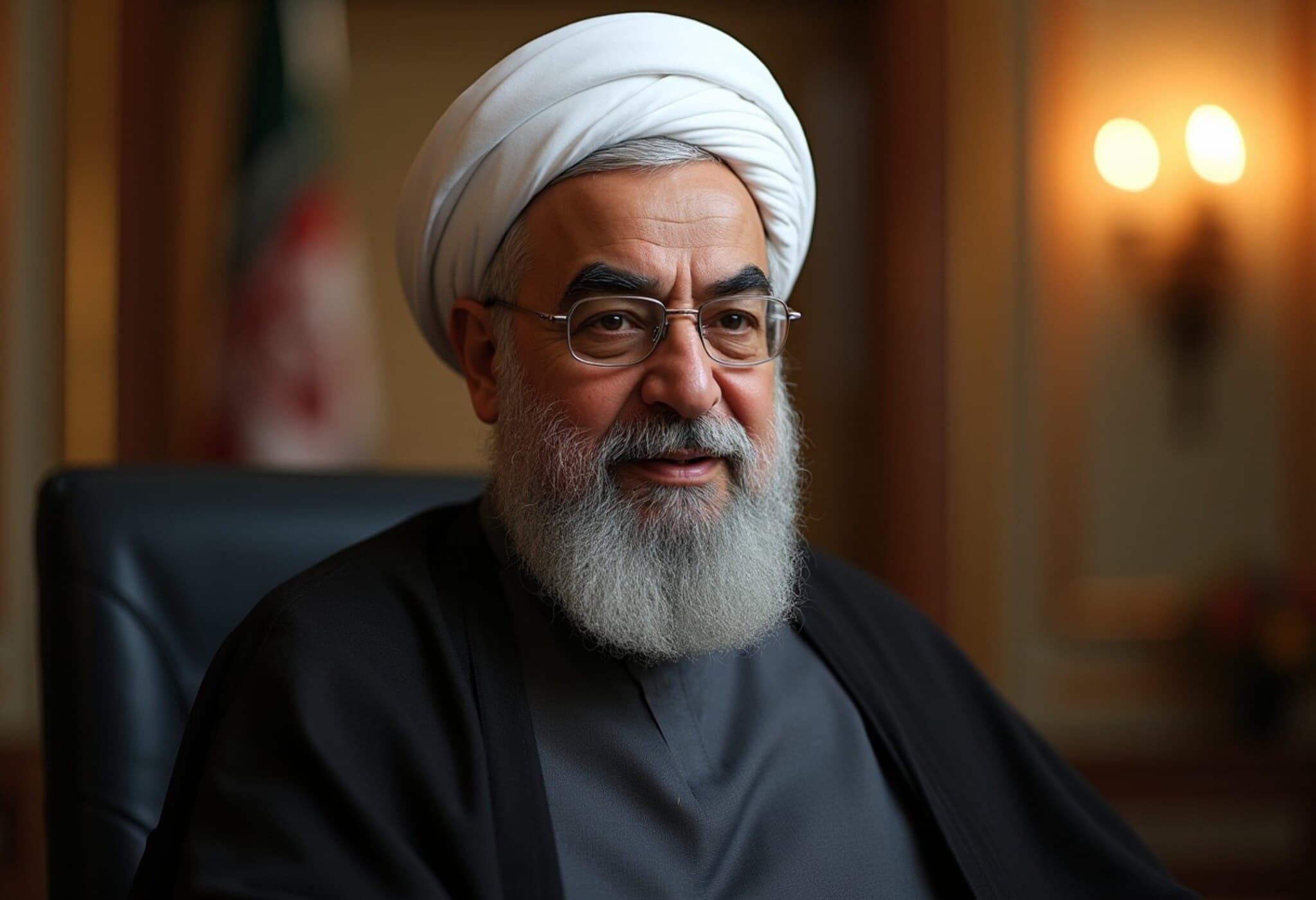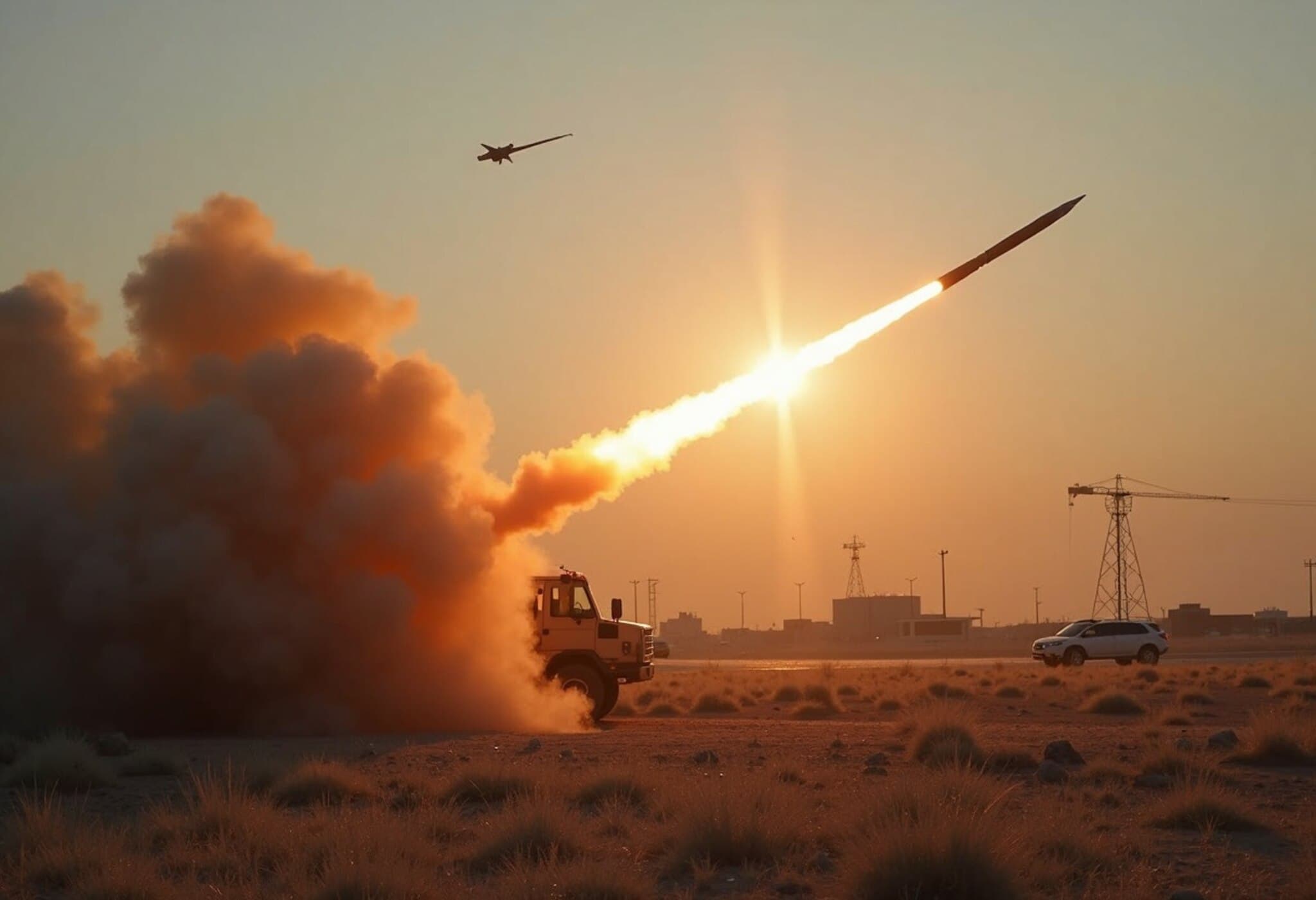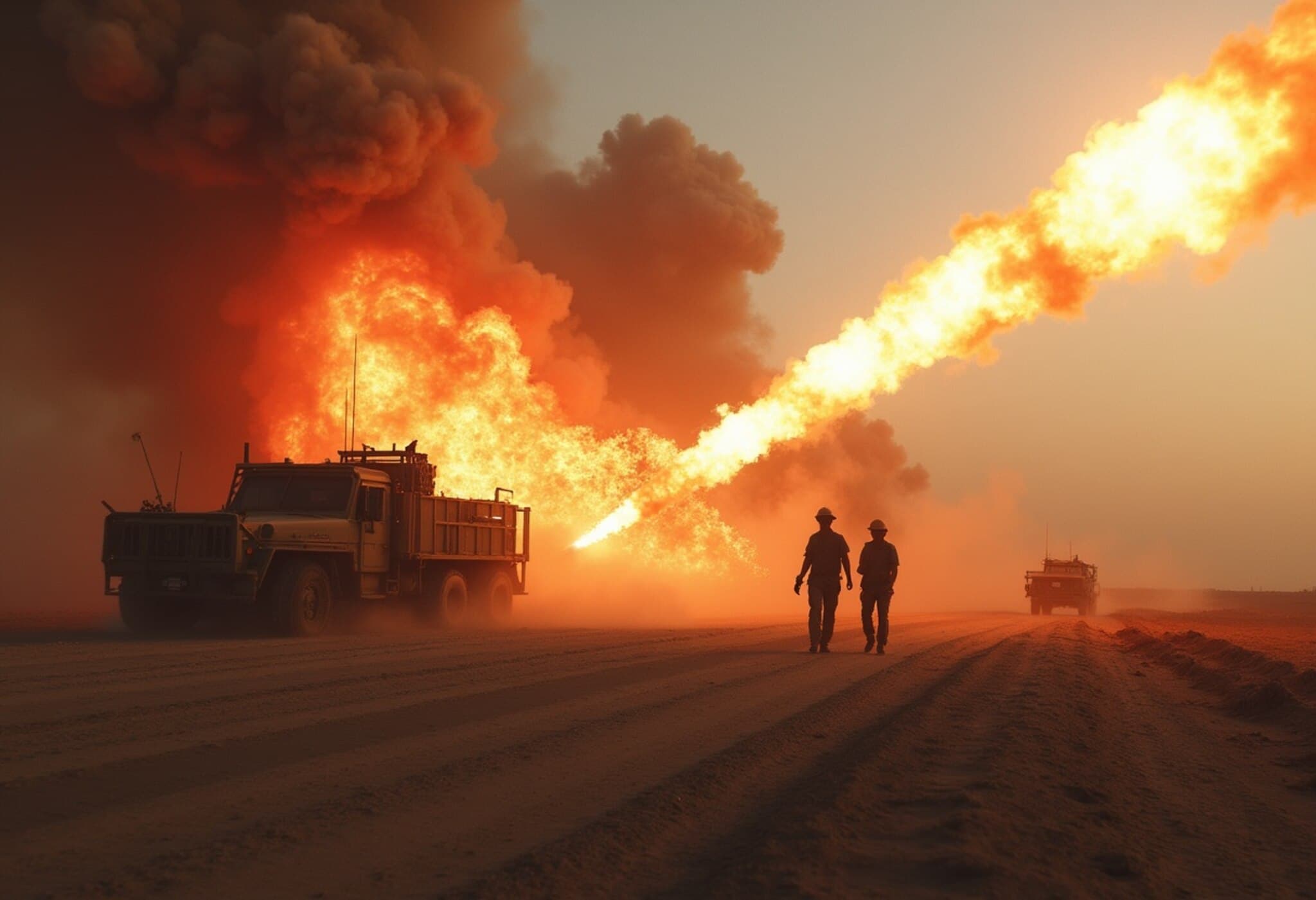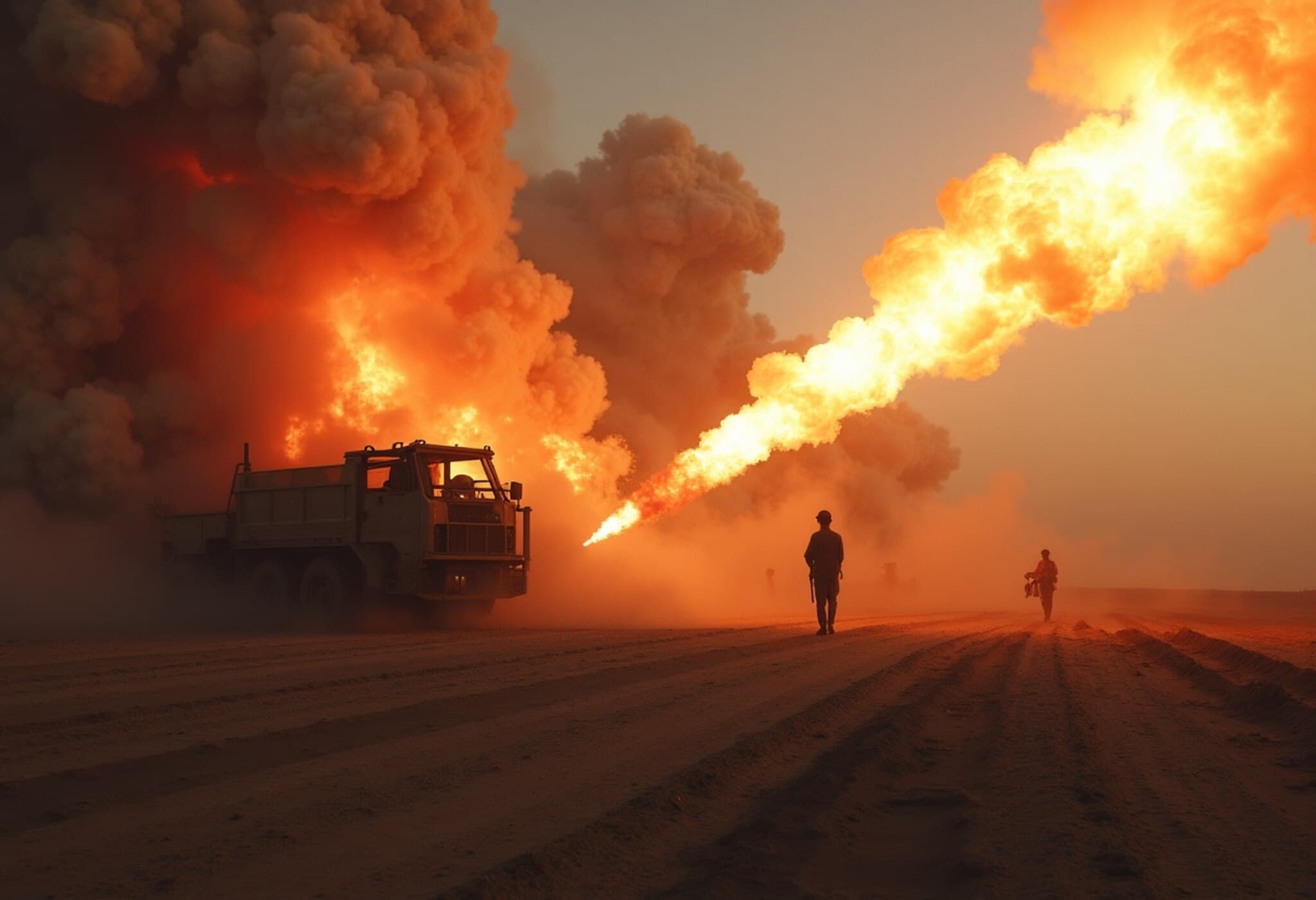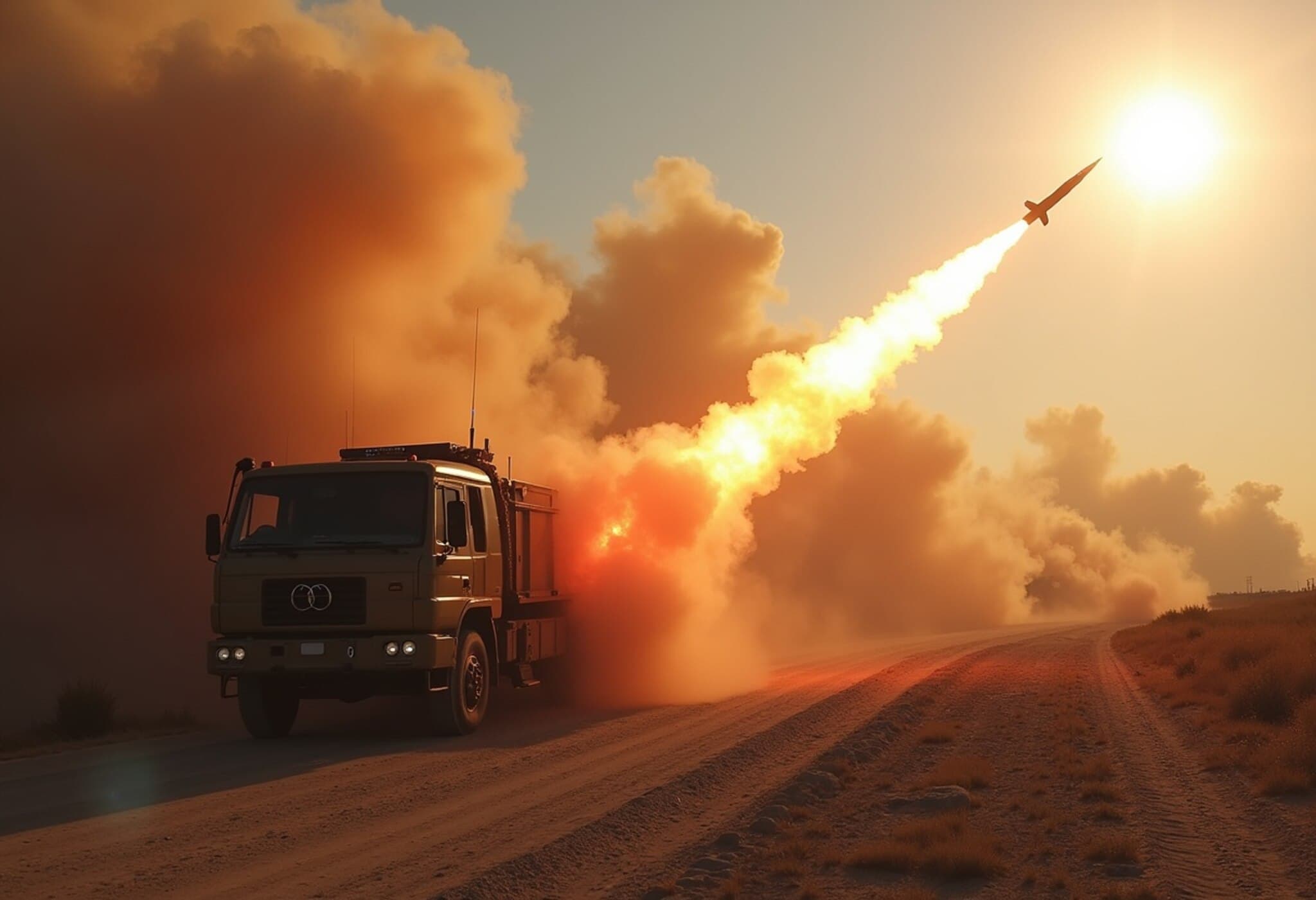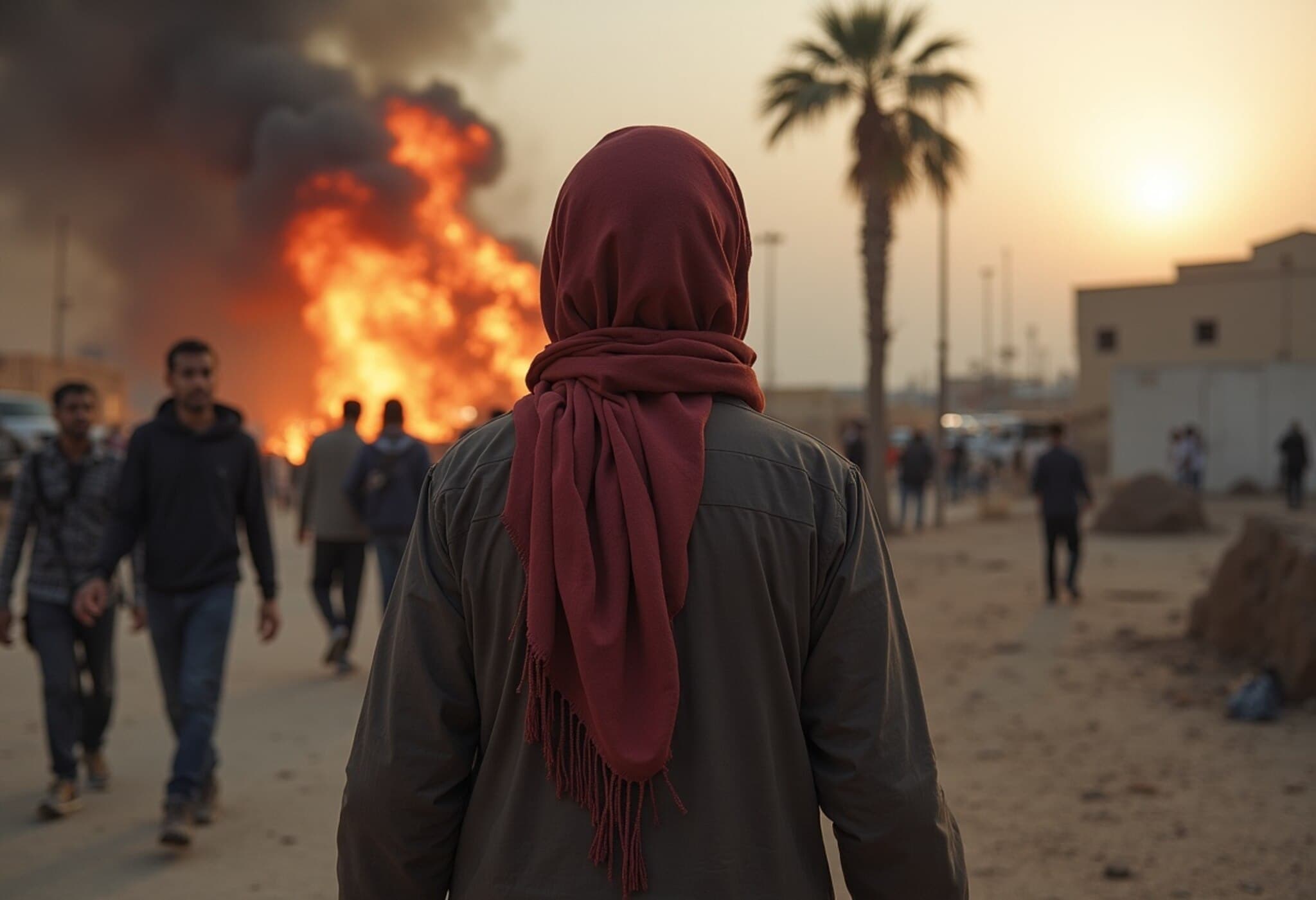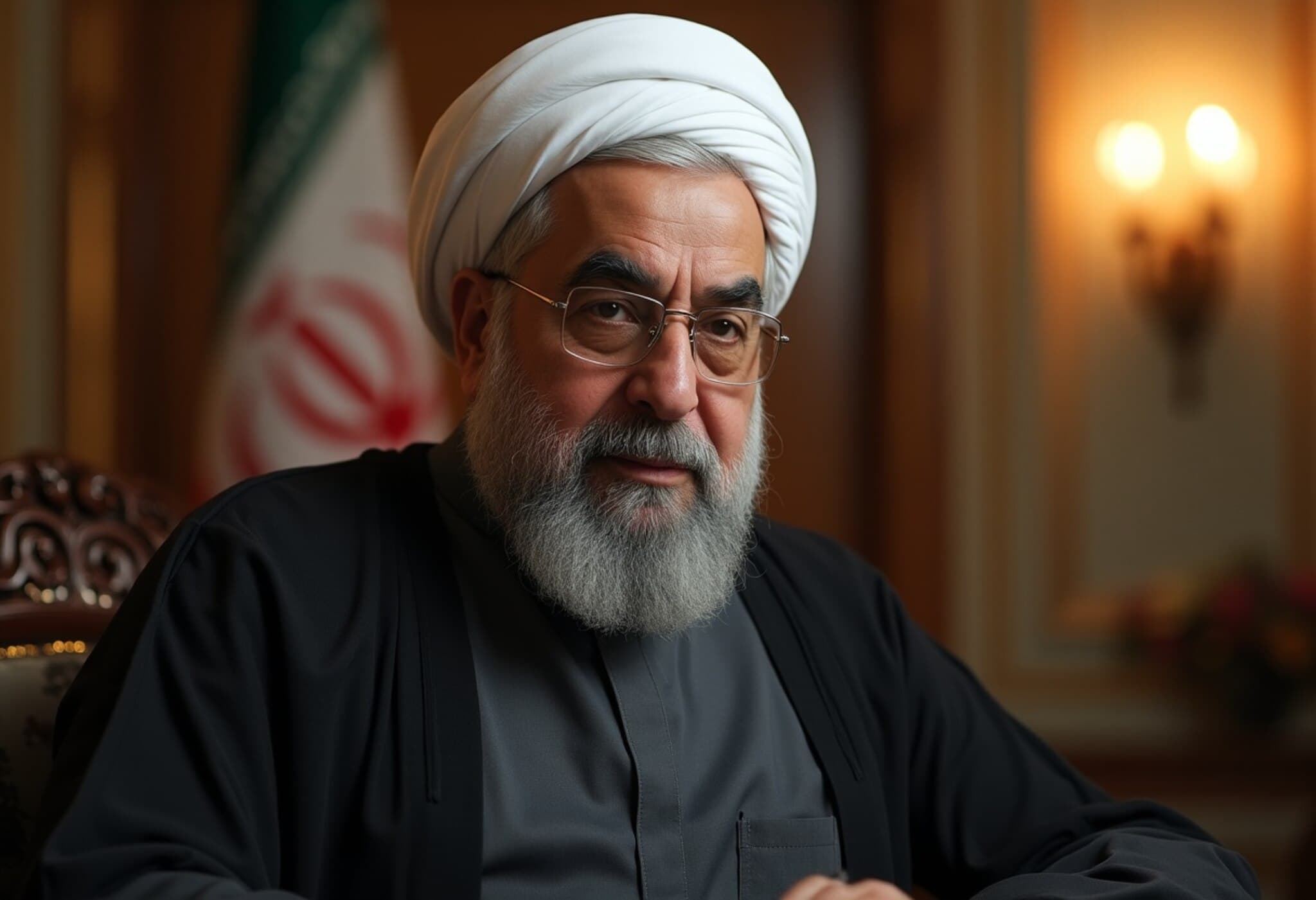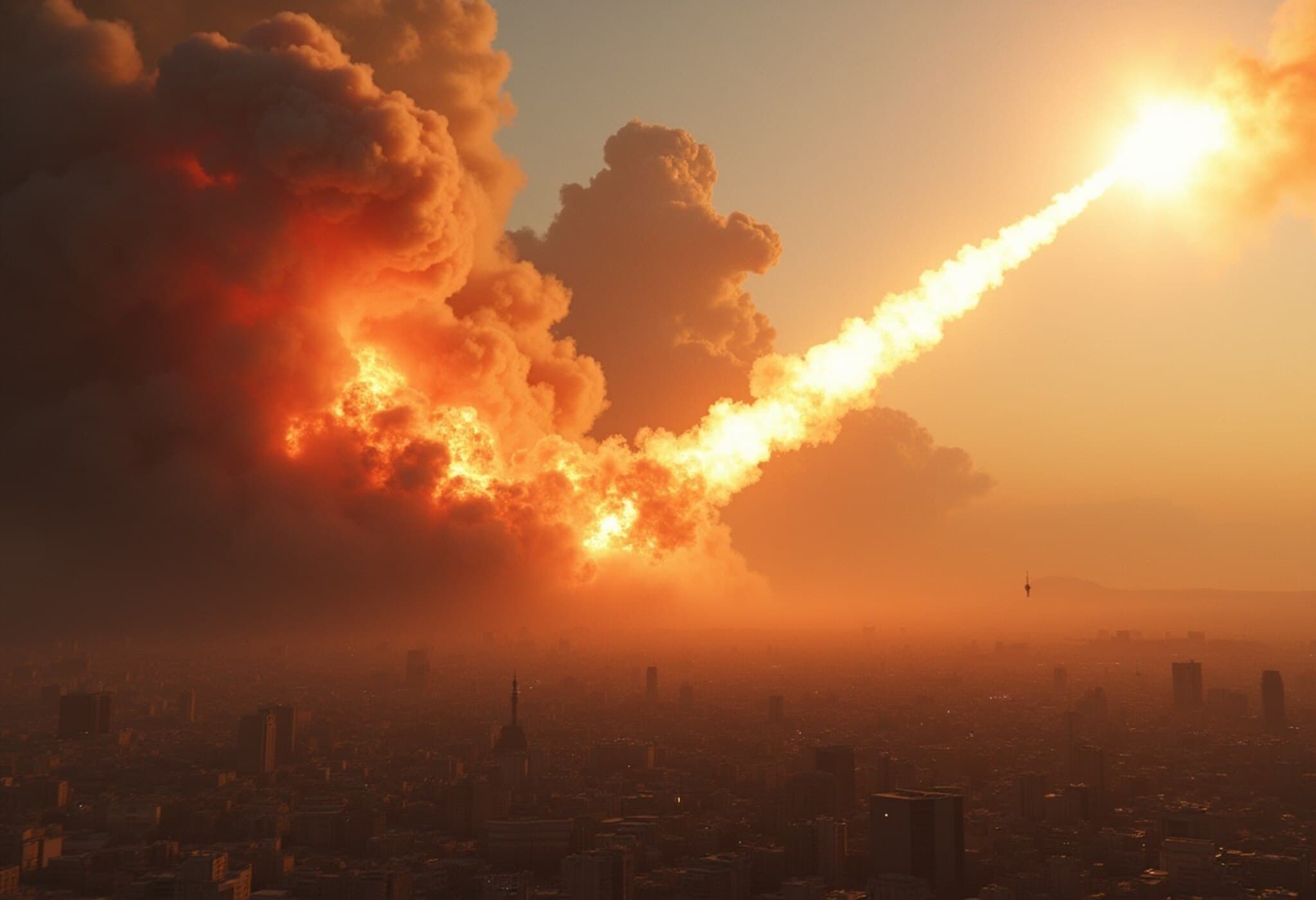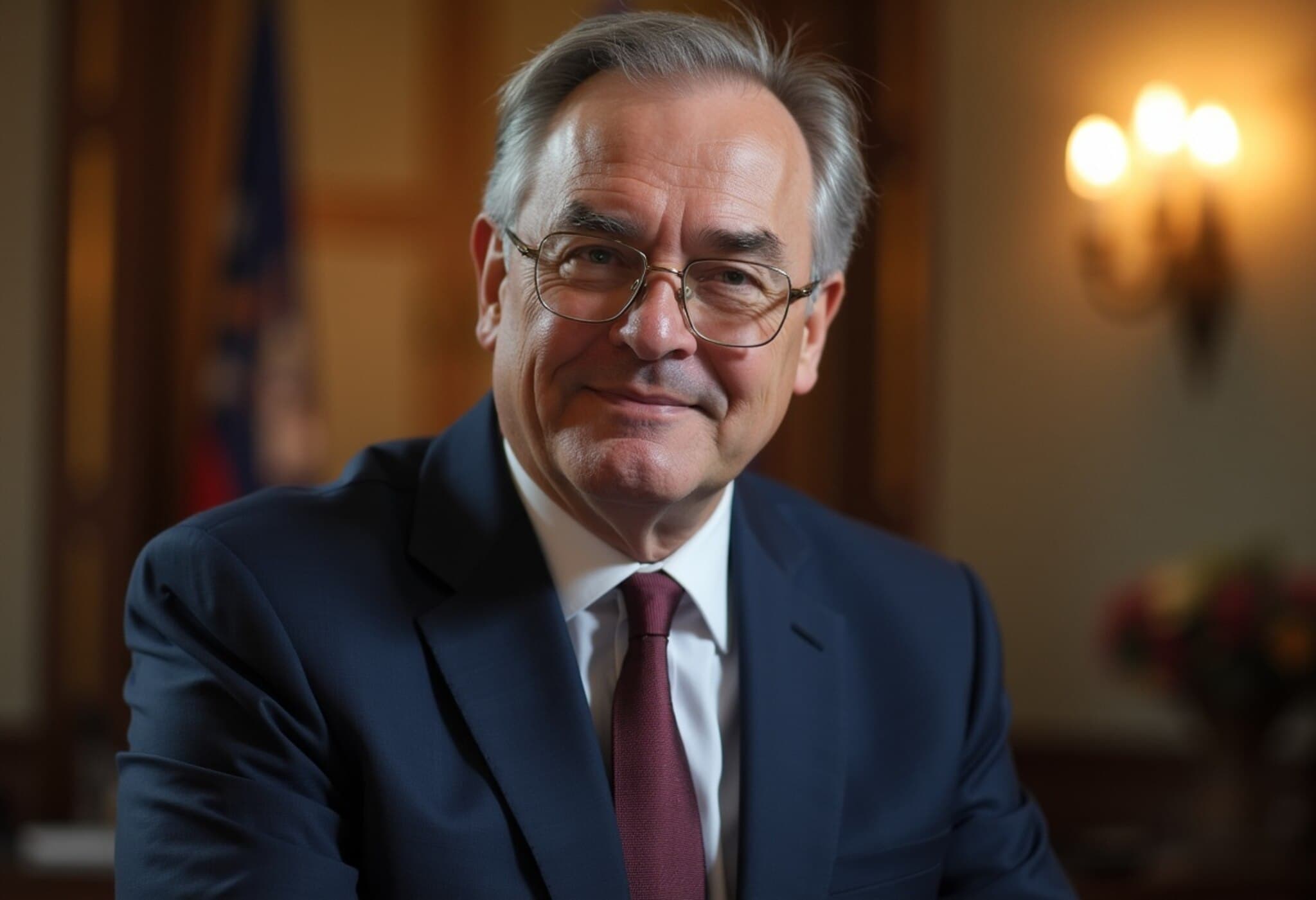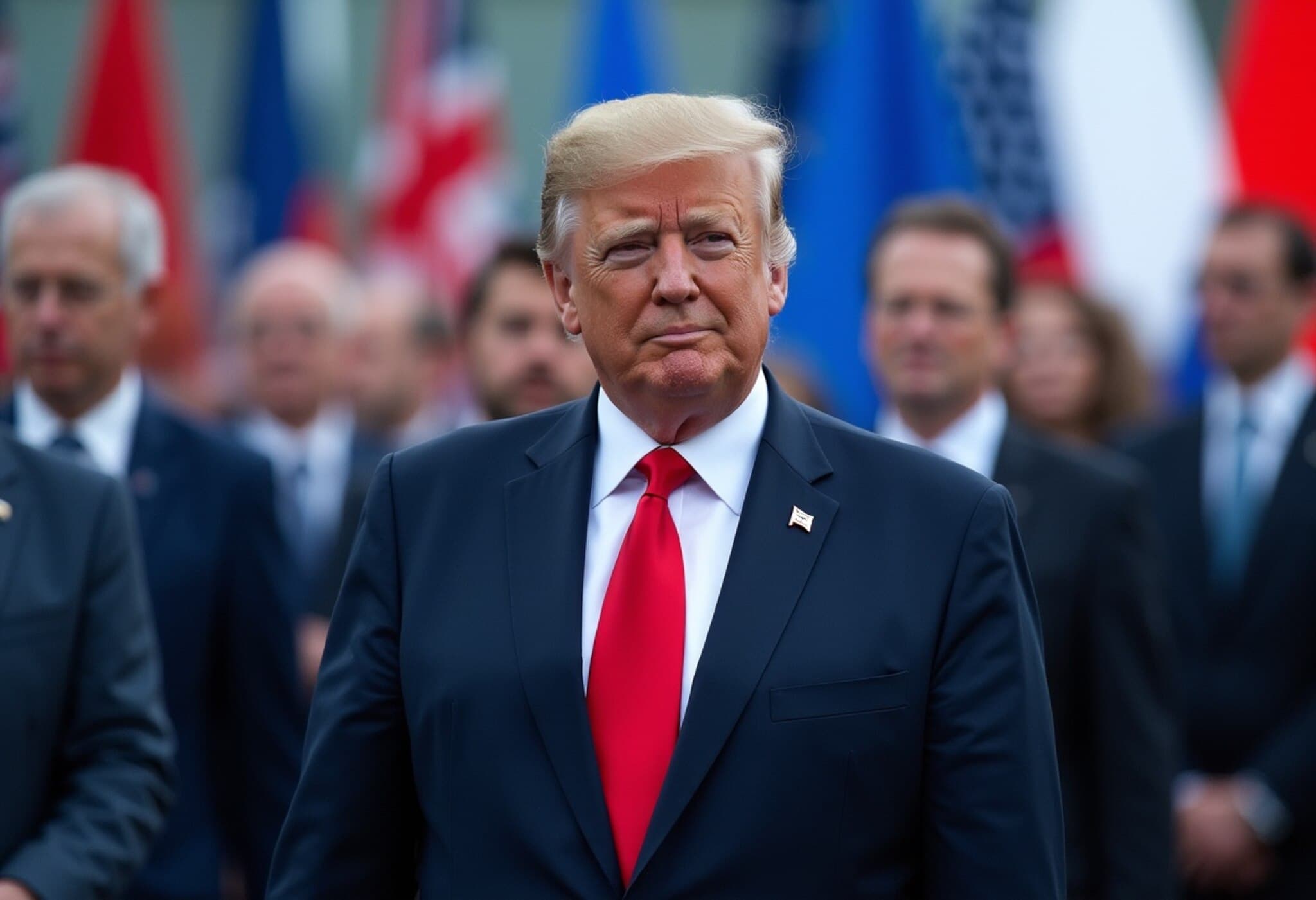Renewed Clashes Between Iran and Israel Escalate Tensions
Early Saturday witnessed another wave of hostilities as Iran and Israel traded missile attacks following Tehran’s firm refusal to negotiate its nuclear program under threat. Europe continues efforts to revive diplomacy, but so far, progress remains elusive.
Missile Barrages and Targeted Strikes
Iran’s Fars news agency reported that Israeli forces targeted the sizable Isfahan nuclear facility, though thankfully no hazardous material leaks occurred. Meanwhile, Israeli strikes also hit a building in Qom, with initial reports indicating a 16-year-old casualty and two others injured.
The Israeli military disclosed launching a series of attacks on missile storage and launch sites within Iran. Just after 2:30 a.m. local time, residents of central Israel, including Tel Aviv and the Israeli-occupied West Bank, were rattled by air raid sirens forecasting an incoming missile barrage from Iran.
In response, Israel’s air defense systems successfully intercepted multiple missiles, lighting up the sky over Tel Aviv with explosions and countermeasures. Sirens also blared in southern Israel as emergency services tended to reported fires caused by intercepted missile debris.
Casualties and Damage Assessment
Israel confirmed that Iran launched five ballistic missiles, though there were no immediate reports of impacts on Israeli soil or casualties. Images circulated showing a fire on a residential building’s roof in central Israel, believed to have resulted from missile debris. Local media coverage aligned with this assessment, highlighting the heightened risks civilians face amid these exchanges.
Longstanding Nuclear Dispute Fuels Escalation
Conflict surged on June 13, with Israel accusing Iran of nearing nuclear weapons capability — a claim Iran denies, asserting its nuclear pursuits are solely peaceful. In return, Iran launched missile and drone strikes targeting Israeli territory.
Israel maintains a policy of ambiguity about its own nuclear arsenal, widely believed to possess nuclear weapons without official confirmation. Amid the ongoing conflict, Iran has reportedly suffered 639 fatalities, including high-ranking military officers and nuclear scientists, according to human rights monitors. Israel’s side has recorded 24 civilian deaths due to Iranian missile attacks, though independent verification remains challenging.
Political Statements and International Reactions
U.S. President stated concerns that Iran could develop nuclear weapons imminently, possibly within weeks or months, emphasizing the urgency to prevent such an outcome. He dismissed recent intelligence assessments denying Iran’s nuclear weapon development, underscoring a hardline stance.
Iran’s Foreign Minister publicly rejected negotiations with the U.S. until Israeli military actions cease, even as he arrived in Geneva to meet European diplomats aiming to restart dialogue. Despite these talks, little progress has emerged.
Diplomatic Deadlock Clouds Prospects for Peace
The Geneva discussions offered scant hope for a resolution, with key actors skeptical about reaching a ceasefire. The U.S. President expressed reservations about Europe’s ability to influence Iran, indicating that Tehran prefers direct talks with Washington.
Meanwhile, the U.S. weighed a possible entry into the conflict alongside Israel but held off making immediate decisions, allowing time to gauge developments on the ground.
Statements from the UN Security Council reflected deep divisions: Israel reaffirmed its intent to continue strikes until Iran’s nuclear threat is neutralized, while Iran called for urgent council intervention, wary of potential U.S. involvement in the war. Russia and China urged immediate de-escalation.
An Iranian official signaled openness to discuss uranium enrichment restrictions but firmly rejected any proposal eliminating their enrichment program—especially in light of ongoing Israeli airstrikes.
The Human Toll and Ongoing Uncertainty
As the conflict drags on, hundreds of U.S. citizens have evacuated Iran amid escalating air attacks. Both sides remain entrenched, with little indication that diplomatic efforts will soon bring relief. The region braces for potential further escalations as the nuclear dispute continues to overshadow fragile peace hopes.

